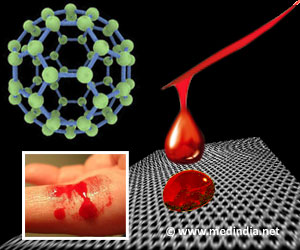Frequently Asked Questions
1. Which doctor does splenectomy?The splenectomy surgery is usually done by a general surgeon who is familiar with the procedure.
2. How can you live without a spleen?
Though the spleen is important, you can live without a spleen. You may be prone to infections following the surgery and will therefore require vaccination before the procedure to prevent the infections. Children will require long-term antibiotics till adulthood to protect them from infections.
3. How does splenorrhaphy differ from splenectomy?
Splenorrhaphy is a process where the spleen is stitched together to manage small lacerations or other injuries. A patch of tissue from the abdomen called the omentum or a glue like fibrin may be applied in addition to stop the bleeding.
4. What is splenic artery embolization?
Splenic artery embolization (SAE), a procedure to block the blood supply to the spleen via the splenic artery, is sometimes performed before the surgery for cases of massive increase in size of spleen to reduce the size of the spleen and the chances of bleeding during the surgery.
5. Can vaccination be administered after the surgery when splenectomy is done for emergency cases?
When splenectomy is done for emergency cases, it is usually not possible to administer the vaccination before the surgery. The vaccination should be administered as soon as possible after the surgery; however, protection against the infections cannot be guaranteed.
6. Which procedure is usually preferred for splenectomy - laparoscopy or open surgery?
The laparoscopic surgery is usually preferred due to the smaller incisions, shorter hospital stay and quicker recovery. Open surgery is preferred for cases where laparoscopic surgery is not possible either due to the patient’s disease or logistic factors.








